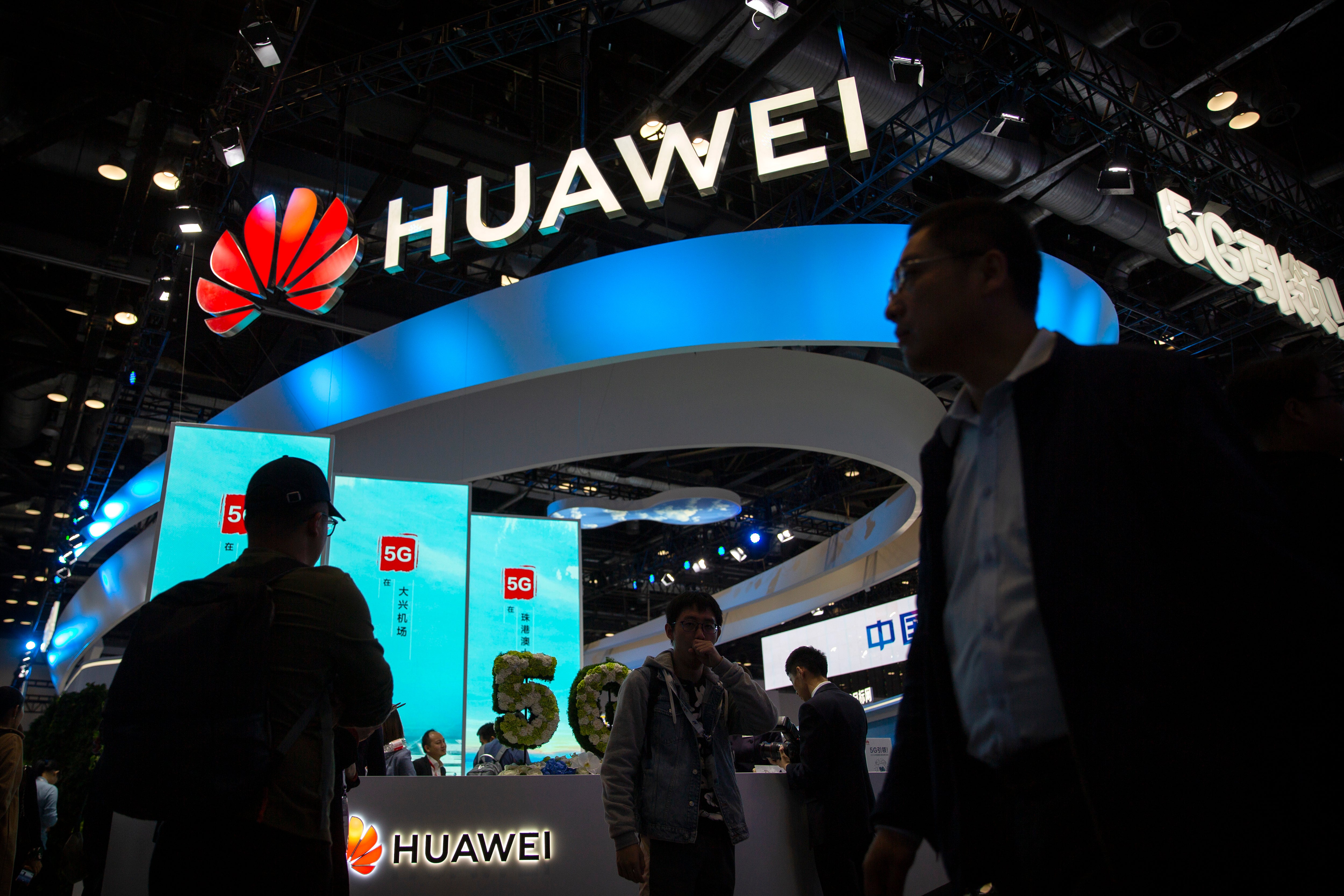Appeals court upholds FCC subsidy ban for Huawei purchases
A federal appeals court has refused to hear Chinese tech giant Huawei’s request to throw out a rule used to bar rural phone carriers on national security grounds from using government funds to purchase its equipment

Your support helps us to tell the story
From reproductive rights to climate change to Big Tech, The Independent is on the ground when the story is developing. Whether it's investigating the financials of Elon Musk's pro-Trump PAC or producing our latest documentary, 'The A Word', which shines a light on the American women fighting for reproductive rights, we know how important it is to parse out the facts from the messaging.
At such a critical moment in US history, we need reporters on the ground. Your donation allows us to keep sending journalists to speak to both sides of the story.
The Independent is trusted by Americans across the entire political spectrum. And unlike many other quality news outlets, we choose not to lock Americans out of our reporting and analysis with paywalls. We believe quality journalism should be available to everyone, paid for by those who can afford it.
Your support makes all the difference.A federal appeals court refused Friday to hear Chinese tech giant Huawei s request to throw out a rule used to bar rural phone carriers on national security grounds from using government funds to purchase its equipment.
The 5th Circuit Court of Appeals ruled that the Federal Communications Commission was fully within its power and competence to issue the rule barring “Universal Service Fund” subsidies recipients from buying equipment or services from companies deemed national security risks.
The three-judge panel also dismissed a claim by Huawei Technologies Ltd that the FCC lacked the expertise to designate the company's equipment as a security risk to U.S. telecommunications infrastructure.
“Assessing security risks to telecom networks falls in the FCC’s wheelhouse,” the judges wrote in a 60-page opinion, rejecting any suggestion it was some sort of “junior-varsity” agency on national security matters.
Huawei did not immediately offer a response to the ruling.
The Trump administration imposed a series of sanctions on Huawei, claiming it could not be trusted not to spy for Beijing because Chinese law so compels it. Huawei says it is employee- not government-owned and denies it might facilitate Chinese spying.
Huawei sued the FCC in late 2019 after the agency voted to bar rural carriers from using government subsidies to buy equipment from Huawei or its Chinese rival, ZTE Corp. At the time, the company called the decision “based on politics, not security.” It claimed the FCC was exceeding its authority by making national security judgments.
Friday's decision was in line with a longstanding tradition of U.S. courts not to second-guess government judgments about national security.
Huawei’s U.S. sales plunged after a congressional panel warned in 2012 the company and ZTE were security risks and told carriers to avoid them. In May of 2019, the Trump administration tightened the noose by blocking access to U.S. technology and components, including semiconductors and Google's popular mobile services.